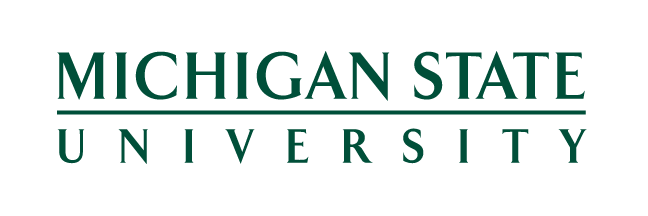Tara Kilbride
EPIC, Michigan State University
Bryant Hopkins
EPIC, Michigan State University
Katharine O. Strunk
Director EPIC, Michigan State University
Prepared for the EoG and the senate and house standing committees responsible for education legislation in Michigan
August 2021
As the COVID-19 pandemic took hold in March 2020, Michigan’s schools—like most others across the country—were forced to close their doors and transition to remote instruction for the remainder of the school year. While many Michigan school districts gave students the option to return to learn in person for the 2020-21 school year, an estimated 47 to 64% of students across the state started the year in a fully remote format. By the end of the school year, 22 to 42% of Michigan K-12 students were still learning remotely. Whether enrolled remotely or in-person full- or part-time, students experienced challenging learning conditions during the 2020-21 school year. As many across the state and country have noted, this past school year was unprecedented in the level of disruption faced by many, if not most, K-12 students.
In order to understand student learning and progress toward educational goals during the pandemic, the Michigan legislature mandated a new data collection and reporting requirement for local school districts for the 2020-21 school year (2020 PA 149). This report is the first in a series that will be given to the governor and the senate and house standing committees responsible for education legislation in the Michigan legislature to provide insight into Michigan students’ progress toward learning goals during the 2020-21 school year. The Education Policy Innovation Collaborative (EPIC) at Michigan State University prepared this report, in collaboration with the Michigan Department of Education (MDE), the Center for Educational Performance and Information (CEPI), the Michigan Data Hub (MDH), and the Michigan Education Data Center (MEDC) at the University of Michigan as an initial summary of the student learning data collected with these new requirements.



